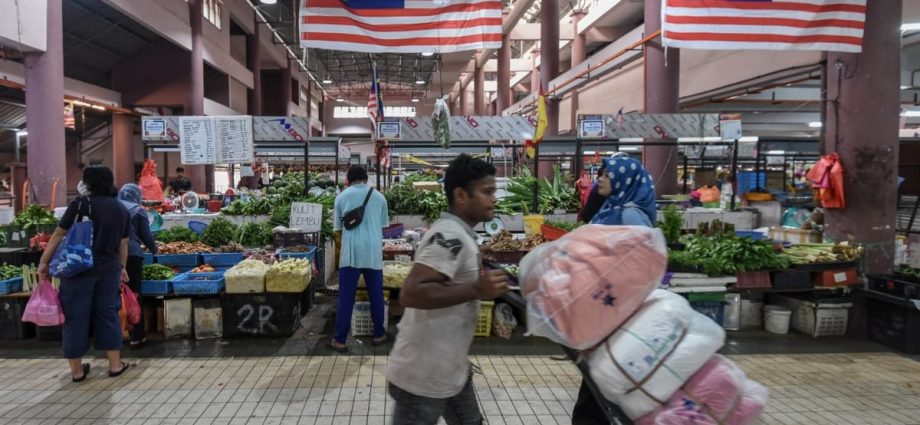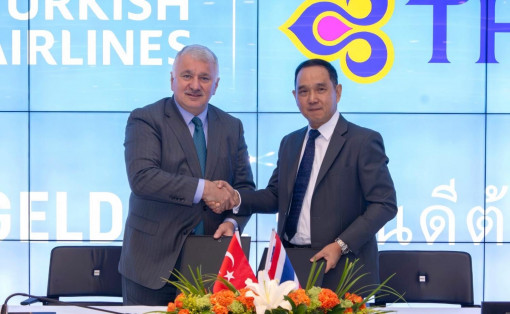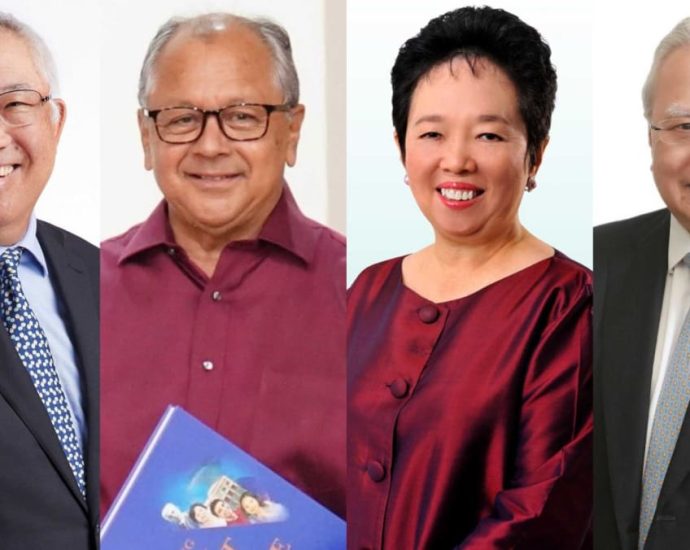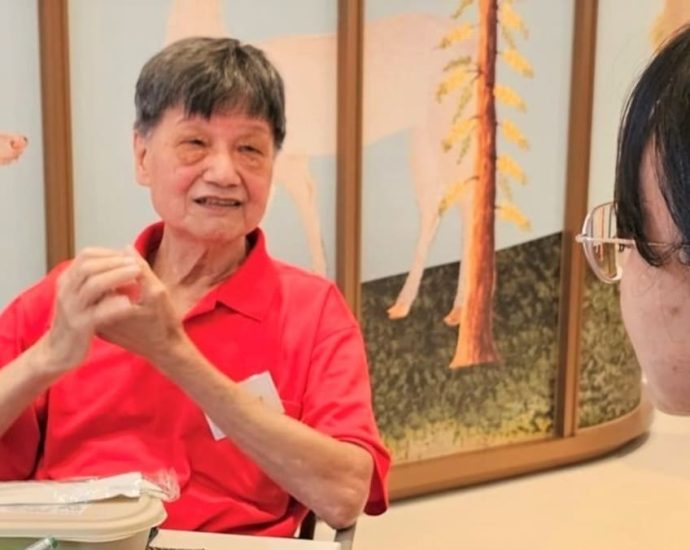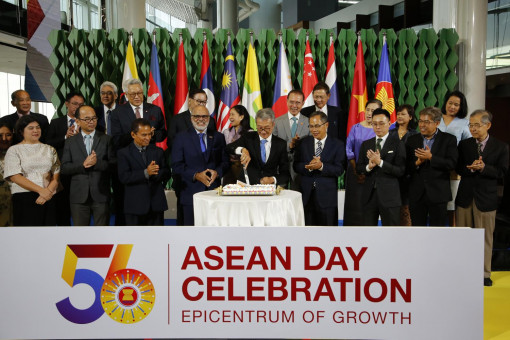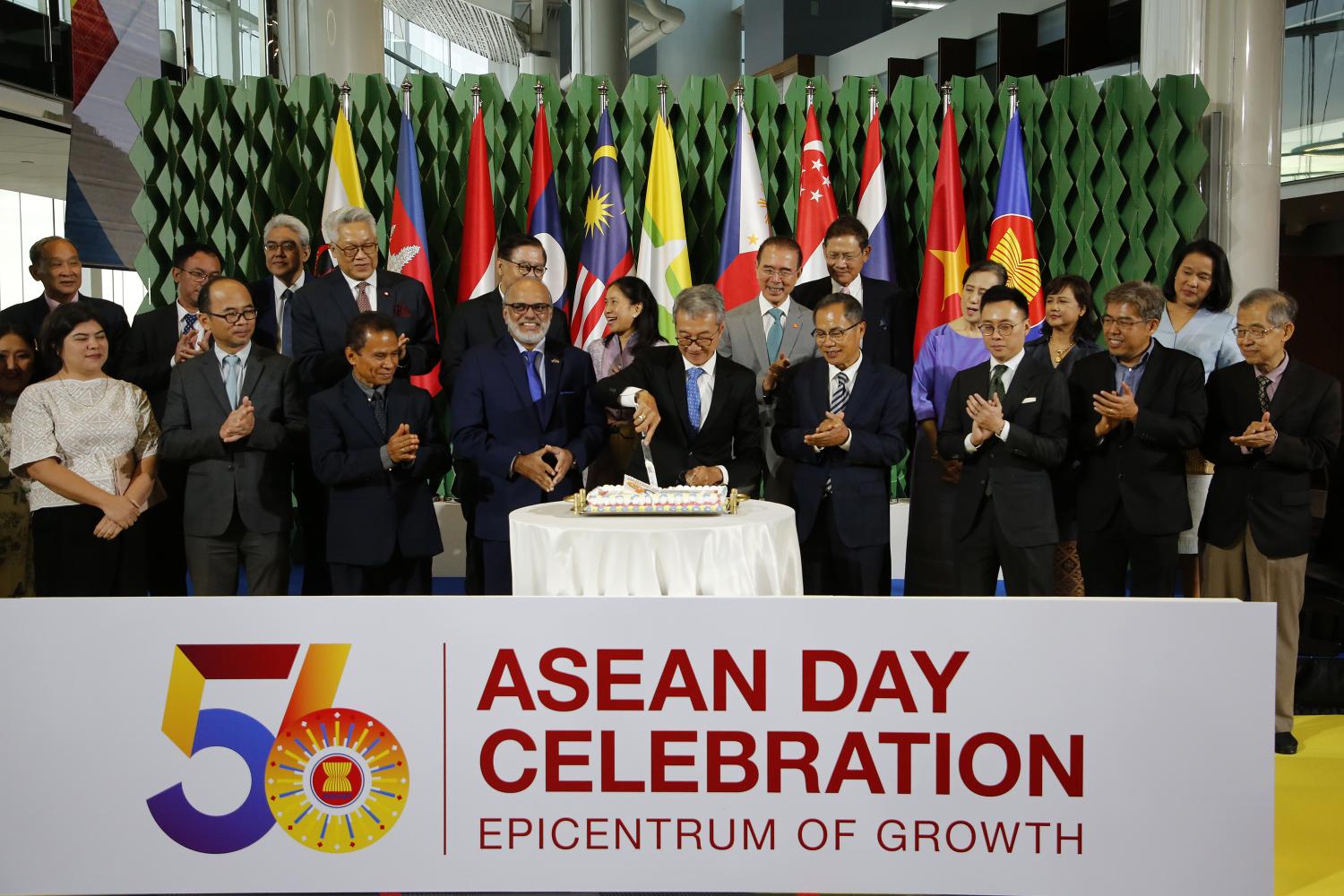Malaysia state polls: Anwarâs economic policies under fire but unlikely to be affected by election results, say analysts
SELANGOR: A keen follower of the political scene in Malaysia, 38-year-old voter Ahmad Farizul tries to attend as many political rallies as possible during the campaign period for the state polls to get a sense of what is going on. The Kuang resident in the state of Selangor considers himselfContinue Reading

